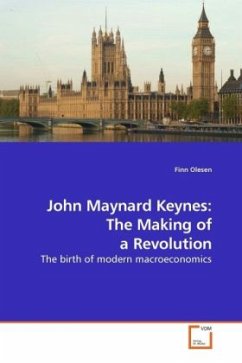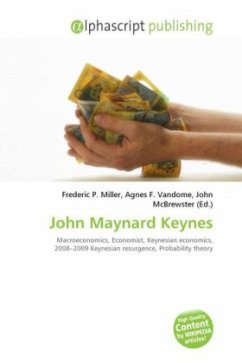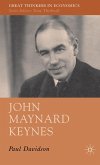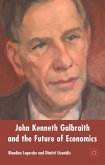With the publication of The Economic Consequences of the Peace in 1919, John Maynard Keynes had his international breakthrough. At once, he was known to the general public in USA, UK, and Europe as a very famous economist. With the book A Treatise on Money, published in 1930, he tried to get on the road to a new macroeconomic understanding. He hoped with his book to have been able to offer a more satisfactory analysis of the ongoing economic crisis. However, his macroeconomic reasoning in Treatise was still rather old-fashioned as his analysis was restricted to the understanding of the quantity theory of money. The new and revolutionary analysis of a modern monetary macro economy had to await the publication of his masterpiece: The General Theory of Employment, Interest and Money in February 1936. With this book, Keynes gave way to not only a new theoretical revolution but he also offered some guidelines to a new economic methodology. After his dead in 1946, the Post Keynesians continued the work of Keynes and later on took on themselves the task of developing an alternative to what became the mainstream macroeconomic theory.
Bitte wählen Sie Ihr Anliegen aus.
Rechnungen
Retourenschein anfordern
Bestellstatus
Storno








